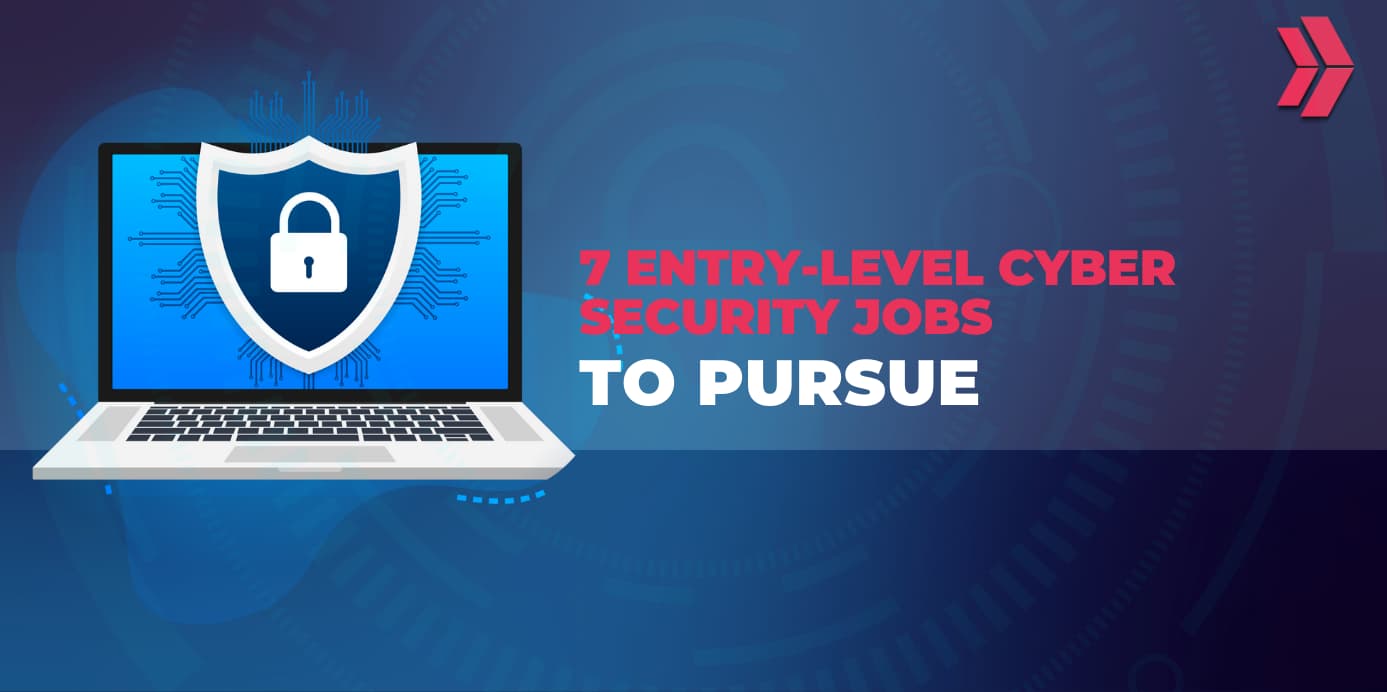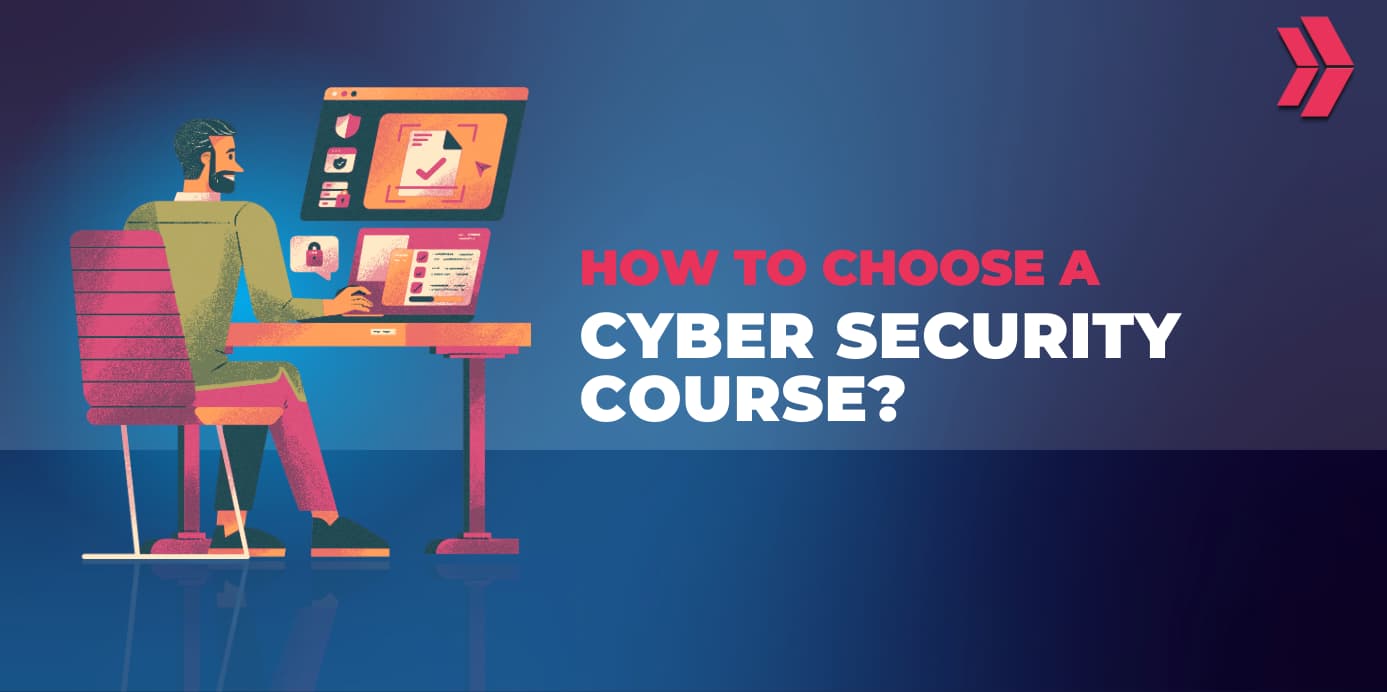As a force multiplier, ChatGPT is a potent tool that transforms how cybersecurity professionals learn, prepare, and understand offensive cybersecurity. Cybersecurity is a complex topic that requires more than just theoretical knowledge, but ChatGPT bridges the gap between theory and practice to have practical insights and real-world experience.
ChatGPT has brought a new perspective to today’s rapidly evolving threat landscape. Learning cybersecurity and integrating this cutting-edge AI technology could revolutionize digital warfare against cyber threats.
ChatGPT is still an evolving technology, and its future impact on cybersecurity is promising for identifying vulnerabilities, testing network defenses, gaining intelligence, and report writing. On the other hand, ChatGPT can also pose many risks and challenges for cybersecurity due to legal and ethical considerations, reputational damage, technical challenges, and malicious use.

What is ChatGPT?
ChatGPT is a generative artificial intelligence model that employs deep learning, a subset of machine learning, to generate human-like responses in diverse formats and languages. OpenAI created it and stands for Chat Generative Pre-trained Transformer.
ChatGPT is a versatile tool that can facilitate tasks such as question answering, text completion, language translation, and chatbots. The ChatGPT system relies on data available up to the year 2021. As a result, it doesn’t have access to any information or events that occurred beyond this date.
Using ChatGPT is free, but upgrading to ChatGPT Plus requires a subscription fee, which provides access to GPT-4, faster response time, and eliminates blackout windows. Users can give feedback by upvoting, downvoting, or leaving written comments to continue training ChatGPT.
Despite being a game changer in the digital age, ChatGPT has some limitations. Firstly, there has been no data support available since 2021. Secondly, it needs to comprehend the intricacies of human language, and its responses sometimes sound unnatural, lacking the human touch. Thirdly, it is unsuccessful in evaluating human behaviors and cannot understand irony and sarcasm.
What is Offensive Cyber Security and How Does ChatGPT Fit In?
Offensive cyber security is an active and preemptive technique that aims to find and take advantage of vulnerabilities in computer systems and networks. This approach employs sophisticated tools and methodologies to breach defenses, evaluate risks, and reinforce security measures to protect against potential cyber dangers.
ChatGPT can optimize offensive strategies by analyzing extensive data, identifying patterns, and uncovering potential vulnerabilities by leveraging its natural language processing (NLP) capabilities.
Offensive cyber security operations generally employ technical instruments, and the integration of ChatGPT brings a comprehensive approach to identifying and mitigating cyber threats.
How can ChatGPT be used for offensive cybersecurity?
ChatGPT can enhance offensive cybersecurity operations in the following 4 ways:
- Identifying Vulnerabilities
- Testing Network Defenses
- Gaining Intelligence
- Report Writing
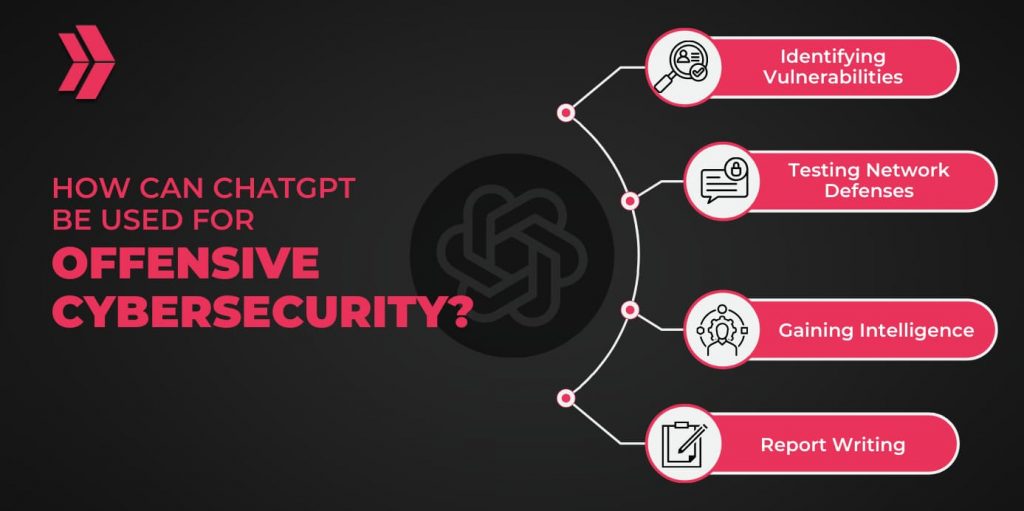
Identifying Vulnerabilities
ChatGPT assists attackers in identifying vulnerabilities within target systems. Analyzing large datasets can pinpoint potential weaknesses in software, networks, or configurations, providing attackers with insights for exploitation.
ChatGPT can detect possible vulnerabilities and security gaps in configurations, networks, or software. It can conduct vulnerability assessments as an internal vulnerability scan or penetration tester. Cybersecurity professionals can better understand the system’s susceptibility to attacks through in-depth analyses, which can provide valuable insights for practical remediation efforts.
Testing Network Defenses
ChatGPT can be utilized to test network defenses. The model is proficient in simulating attack scenarios, which helps evaluate the network’s resilience against potential threats.
Additionally, it assists in refining defense mechanisms such as antivirus and anti-malware software, firewalls, intrusion prevention systems (IPS), data loss prevention (DLP), and security information and event management (SIEM). ChatGPT can accurately determine the efficiency of network defenses and identify potential vulnerabilities by probing firewalls, intrusion detection systems, and other security measures.
Gaining Intelligence
ChatGPT is crucial in gathering intelligence for cyber attacks as a defense mechanism. It analyzes vast amounts of information, providing valuable insights into potential targets and assisting cyber defense professionals in executing offensive operations.
Using natural language processing, ChatGPT can quickly sift through massive data and identify patterns that may indicate potential threats. The platform’s ability to understand and interpret human language has made it an indispensable tool for cyber defense experts who rely on its insights to protect against cyber attacks.
Report Writing
Cybersecurity reports, such as penetration testing, vulnerability assessment, or security audit, are vital as they provide critical information about security risks, threats, and potential impacts. Cybersecurity professionals utilize ChatGPT to create these reports by providing the requisite details, thus saving time while preparing comprehensive and informative reports.
What are the benefits of using ChatGPT for offensive cyber security?
Here are the 4 main benefits of using ChatGPT for offensive cybersecurity:
- Improved Accuracy
- Automated Attack Vectors
- Increased Efficiency
- Cost-effective solutions
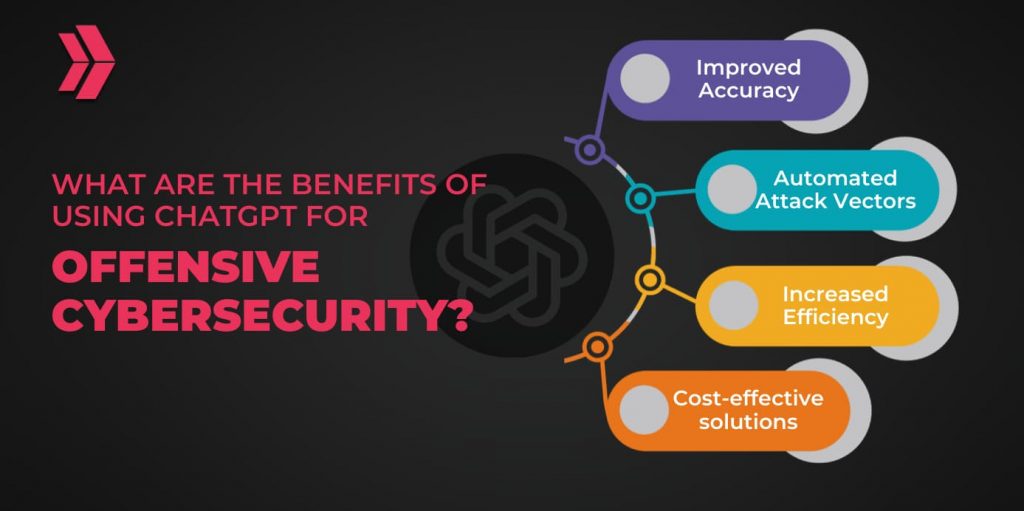
Improved Accuracy
ChatGPT improves offensive cyber operations by identifying potential weaknesses and minimizing false positives through filtering insignificant or irrelevant information. This provides users with reliable and actionable insights for better cyber security posture.
Automated Attack Vectors
ChatGPT provides automated capabilities to detect and exploit potential attack vectors, thereby simplifying the process of identifying system vulnerabilities and weaknesses. The AI-powered assistant helps with search queries and can independently simulate and execute various attack scenarios, which allows cybersecurity professionals to recognize and fortify their defenses.
Increased Efficiency
ChatGPT increases the efficiency of cybersecurity by quickly analyzing threats and enabling fast decision-making and response. As a result, security analysts can concentrate on more crucial tasks while automating routine processes with ChatGPT.
Cost-Effective Solution:
ChatGPT is highly cost-effective and provides an affordable solution to help organizations identify and prevent possible security threats. It offers comprehensive analyses to enable proactive measures to mitigate risks and prevent cyber attacks before they happen, thereby saving organizations time, money, and resources.
What are the risks of using ChatGPT for offensive cyber security?
Here are the 4 risks of using ChatGPT for offensive cybersecurity:
- Legal and Ethical Considerations
- Reputational Damage
- Technical Challenges
- Malicious Use
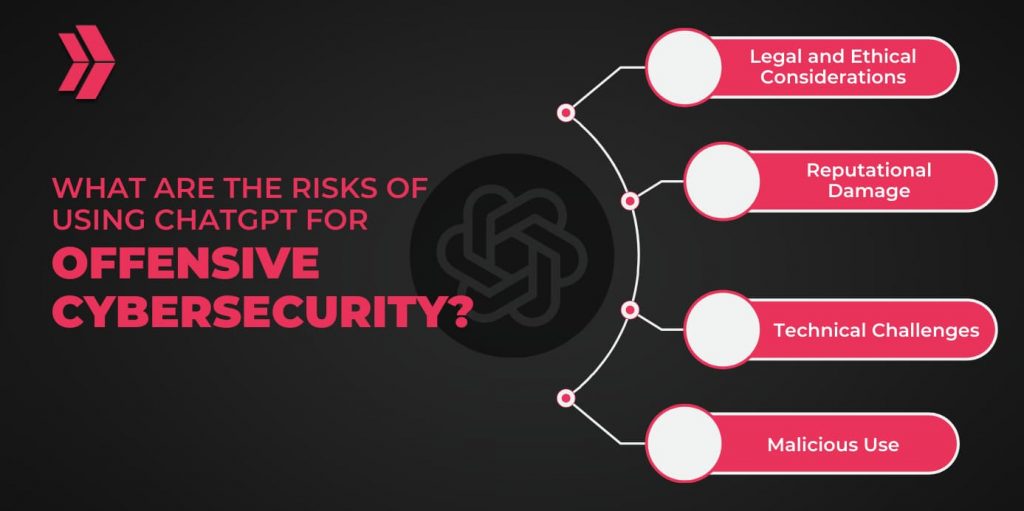
Legal and Ethical Considerations
Using ChatGPT in offensive cyber security raises legal and ethical concerns. The software’s ability to generate authentic and potentially harmful content increases the risk of violating privacy and data protection laws. For instance, in March 2023, ChatGPT unintentionally allowed some users to see others’ chat history, as publicly announced by OpenAI.
Reputational Damage
Using ChatGPT for offensive cyber activities can severely damage the reputation of individuals and organizations. This can lead to losing clients, partners, and public trust, which can have long-term effects on the organization’s reputation. For example, the Federal Trade Commission (FTC) scrutinized ChatGPT over concerns that the AI tool may have caused reputational damage by generating inaccurate information about individuals.
Technical Challenges
ChatGPT poses inherent technical difficulties when used for offensive purposes due to the risk of misinterpretation or miscommunication. These challenges can lead to unintentional consequences such as false positives, misinformation, and disinformation. As a result, it becomes challenging to manage and control offensive cyber operations.
Malicious Use
Hackers or other threat actors could use ChatGPT for malicious purposes, such as using it to impersonate or spoof legitimate entities. Bad actors can also exploit this powerful tool’s capabilities to cause considerable disruptions to their targets.
How to Improve Cybersecurity Training with ChatGPT?
ChatGPT improves cybersecurity training efforts by creating possible attack scenarios for social engineering and security awareness. ChatGPT’s strong analytical capability helps practitioners gain insight into the cybersecurity incident response process clearly and understandably. Participants can enhance their incident response capabilities by engaging with ChatGPT and becoming better equipped to handle cybersecurity threats.
What Are the Key Cybersecurity Training Methods?
The key cybersecurity training methods involve using diverse materials like videos, interactive modules, and quizzes to accommodate different learning styles. Creating realistic scenarios and introducing game-like elements can make training engaging and encourage active participation. It’s crucial to implement cyber security training programs that keep employees up-to-date with the latest cybersecurity trends and best practices, adapting to emerging threats.
Which Cybersecurity Certifications Are Essential for Your Career?
Cybersecurity certifications are essential for validating skills and enhancing career prospects. There are 3 main criteria in choosing the proper cybersecurity certification: interest area, cost, and level of knowledge.
Here are the top 10 industry-recognized cybersecurity certifications:
- CompTIA Security+
- Certified Information Systems Security Professional (CISSP)
- GIAC Security Essentials Certification (GSEC)
- Systems Security Certified Practitioner (SSCP)
- Certified Ethical Hacker (CEH)
- Offensive Security Certified Professional (OSCP)
- CompTIA Advanced Security Practitioner (CASP+)
- GIAC Certified Incident Handler (GCIH)
- Certified Information Systems Auditor (CISA)
- Certified Information Security Manager (CISM)
How to Start a Cybersecurity Career Path?
Cybersecurity presents many promising career opportunities across various industries and job roles, but many people wonder how to start a rewarding cybersecurity career path from scratch.
The first step to beginning a career is identifying an area of specialization that aligns with your interests.
Second, having a proper education, through four years of formal education or a bootcamp, establishes a strong foundation of knowledge.
Third, acquiring industry-recognized certifications indicates and validates your skills and enhances credibility.
Fourth, practical experience gained through internships, projects, or entry-level positions enables the application of theoretical knowledge.
Fifth, networking is an effective way to stay updated with the latest technologies and landing a job quickly.
In summary, ChatGPT is a developing technology that presents both advantages and challenges. Nevertheless, the benefits of utilizing ChatGPT surpass the associated risks. In the forthcoming years, ChatGPT is projected to become a crucial component in the field of offensive cybersecurity.


